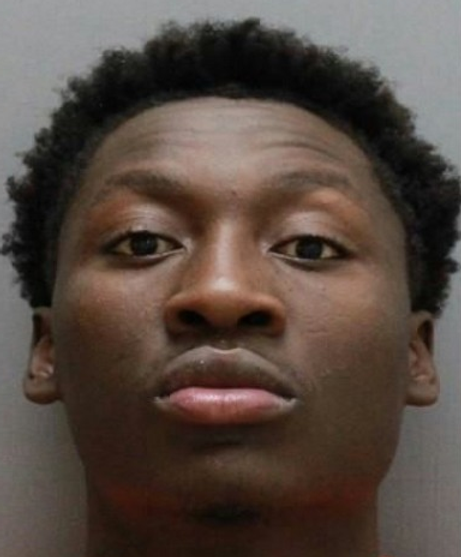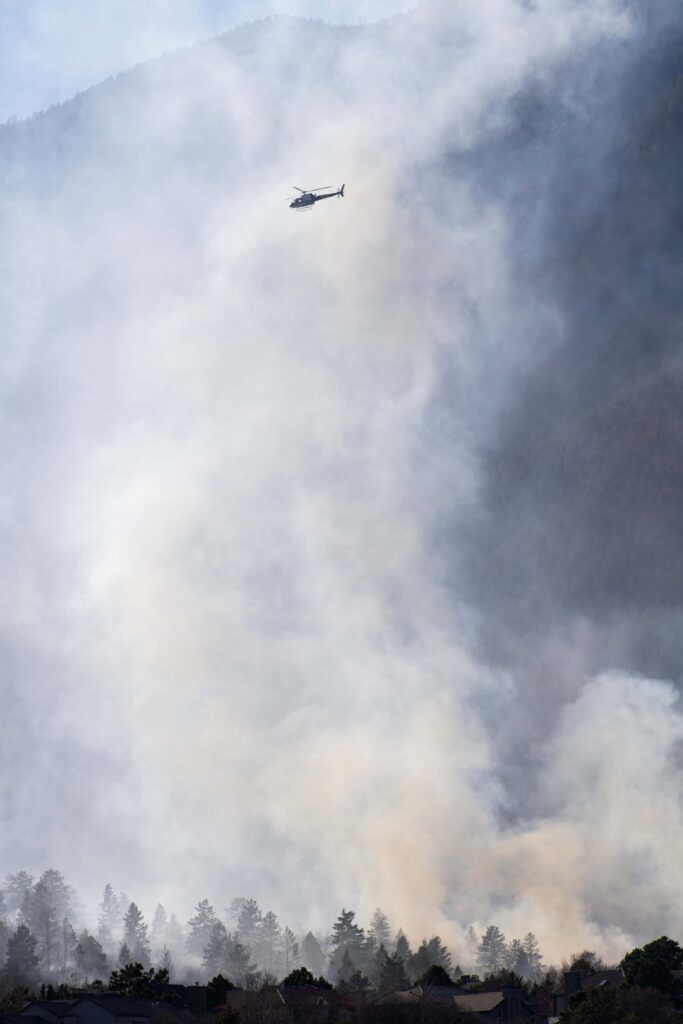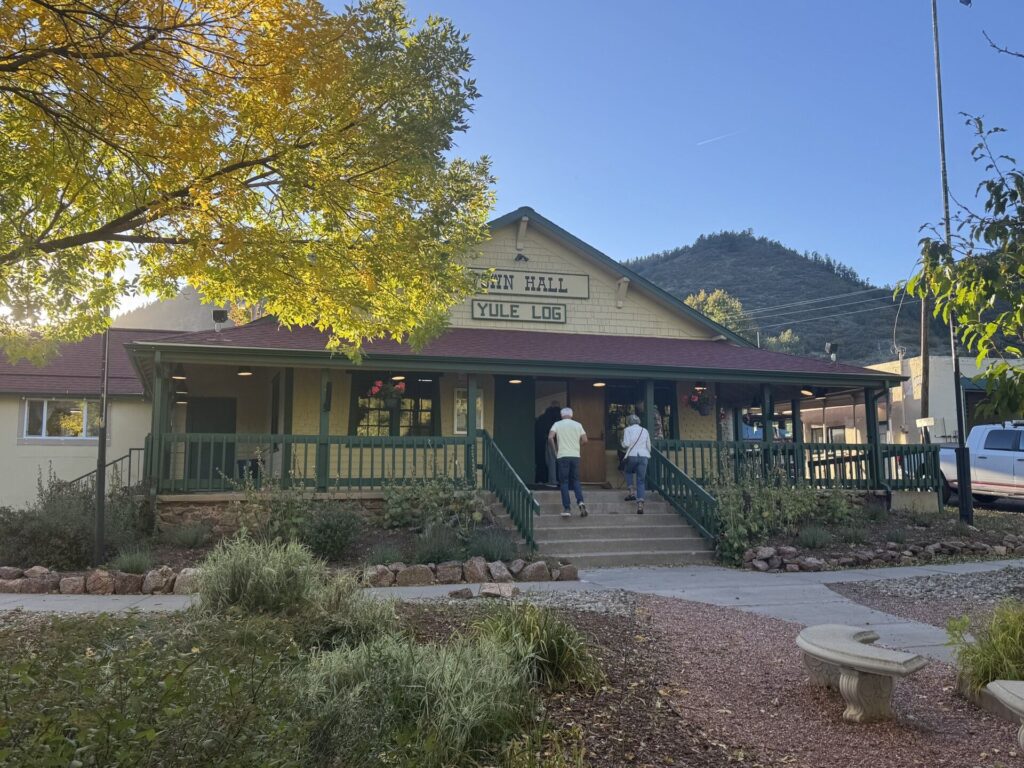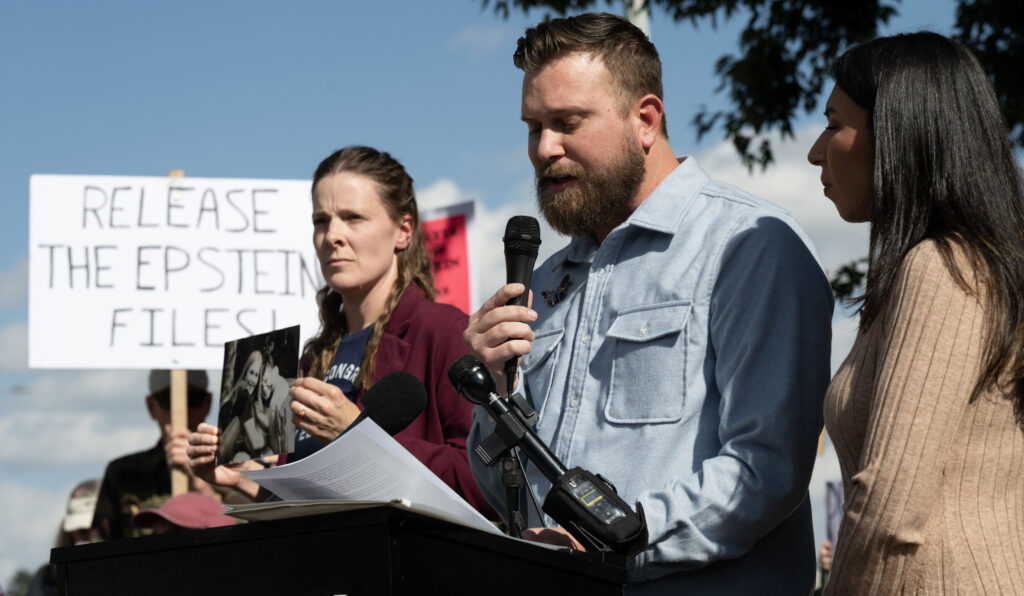Fresh off of serving prison time, veteran Fort Carson soldier hopes for immigration reprieve
As agents from multiple federal agencies conducted immigration raids in Denver and Aurora on Wednesday morning, a decorated soldier sat in a holding cell in the Aurora ICE Detention Center praying for a miracle.
Jose Barco, 39, served his country and then he served his time.
He was a member of the U.S. Army’s 2nd Battalion, 12th Infantry Division — infamous for being the subject of a documentary that detailed the trauma of the war-affected returning Iraq War era soldiers who nicknamed themselves “Lethal Warriors.”
The battalion of 500 accounted for half of Fort Carson’s combat losses in Habbaniyah, a village between Fallujah and Ramadi in the heart of the Sunni Triangle for their first tour in 2004 and in Baghdad’s Dora neighborhood for the second, which lasted 15 months.
After two tours, psychologically and physically wounded upon his return home, Barco impulsively fired into a crowd and hit a pregnant woman in the leg in April 2008.
The crime got the attention of Colorado Springs and the wrath of a 4th Judicial District judge, who made an example out of Barco with a 52-year sentence for attempted murder.
The victim said during a deposition in the civil case that she’s “haunted every day” because she didn’t actually see who shot her, although Barco admitted it was him.
But he’s not that guy any more, he said. He’s a middle-aged man, who wants a second chance.
Barco, who was born in Venezuela, got 37 years knocked off his sentence through good behavior in prison. But his elation at pending freedom turned to despair. He was met at the prison door by a handful of ICE agents tasked with sending him to a holding cell to await deportation.
“I don’t have a paper that says I’m a U.S. citizen,” he said. “But I’m a freaking American. How much more American can a person get?”
The agents had heard of Barco’s service, that he was “one of us” and that his case was being considered by higher-ups. But his hope that he would be recognized as someone special was dashed when nothing came of it, he said.
His parole date happened to land during the week President Donald Trump was sworn in. The Trump administration immediately set into motion what he promised on the campaign trail — a crackdown on illegal immigration, with a special emphasis on individuals convicted of crime.
As far as the U.S. government is concerned, Barco is staying unlawfully in the U.S. and he is a felon, but “he’s not one of these guys who crossed the border illegally. He’s a different class,” said Robert Alvarez, a Marine and soldiers advocate with the Uniformed Services Justice and Advocacy Group.
Alvarez said there are many veterans like Barco who face deportation years after they were offered citizenship in return for military service to their adopted country.
“It was a lure recruiters used,” he said. “And now they’re throwing them out like garbage.”
‘A villain or a hero’
Like many other foreign nationals, Barco was “a squeaky clean kid” — his older brother said — when he was promised American citizenship upon enlistment at 17.
However, the Army lost his application for U.S. citizenship long ago.
“He should have been approved by the end of calendar year 2006,” his former commanding officer wrote in an emergency memo to the Department of the Army this past Sunday.
When Army Lt. Colonel Michael “Hutch” Hutchinson landed in Iraq in 2007, Barco was already a legend for lifting a burning Chevy Capris, which was used in a suicide mission, off of two soldiers who were pinned underneath. It was a feat that Army medic Ryan “Doc” Krebbs described as a moment of “superhuman strength.”
As he screamed for his weapon, Barco realized his own body was on fire.
It was Veterans Day 2004.
Hutchinson remembered preparing Barco’s application for citizenship the old way — on hard copies. He described the young Purple Heart recipient as a soft-spoken 19-year-old fresh out of the hospital from treatment for third-degree burns.
“If you can pick and choose the details of Jose’s story, he could come out a villain or a hero,” said Hutchinson.
Hutchinson is one of 16 of Barco’s “band of brothers” from the 2nd ID, 12th Infantry Division who have been on a constant text stream since they got word that Barco faces deportation to Venezuela. It may as well be a foreign country to him, though Barco was born there.
He has lived in the U.S. since the age of five when his father — who was a Cuban national imprisoned for protesting against communism — was given asylum.
Instead of an agreed-upon bus trip for a family reunion in Florida, he was met at the prison door by a group of ICE agents and a government van.
“I was shocked. I told the case manager, ‘This is a joke right?’ I’m a retired veteran. They don’t care,” Barco told The Denver Gazette via phone on Wednesday night from the detention center, where he is housed with three other men in one cell among 20 other pods.
Some of the other detainees are hardened criminals. To his supporters, Barco is a felon of a different kind.
“I made a mistake. I shot into a crowd and hit a woman in the leg,” he said. “I own that. I paid for that. What else do you want from me?”
He feels lost and scared of what the “rollercoaster” of the next month has in store.
“He’s a hero. I don’t care what anyone says,” said Krebbs, the battalion medic who tended to the wounded on Veterans Day in 2004 and lives in the Denver area.
He is hoping for emergency legislation to be enacted that would halt deporting wounded veterans or a pardon from Gov. Jared Polis.
“I don’t think anyone wants to live in a country that deports its veterans,” Krebbs said.
Rules at the ICE facility prevent Barco from receiving phone calls, but he gets messages through his older brother and sister interspersed through their work schedules to call The Denver Gazette.
Colorado’s U.S. Rep. Jason Crow, a special operations veteran who has criticized Trump’s mass deportation plan, is interested in his case. But time is ticking away, and a one-way trip to Venezuela is becoming more and more real for Barco.
An immigration attorney wants $20,000 upfront.
Meanwhile, his family and his friends are fighting a different war — one for Barco to keep his spirits up and another to find a powerful person who will consider the case of the soldier who “bled for this country.”
Next week, two immigration hearings will determine his future.
Barco feels trapped in the ICE facility, which he described as it’s own miserable hell. He’d rather be back in prison, he said.
“If you’re going to deport me, do it, but please don’t keep me here.”
Chris Osher, editor of The Denver Gazette Investigative Team, contributed to this article.











